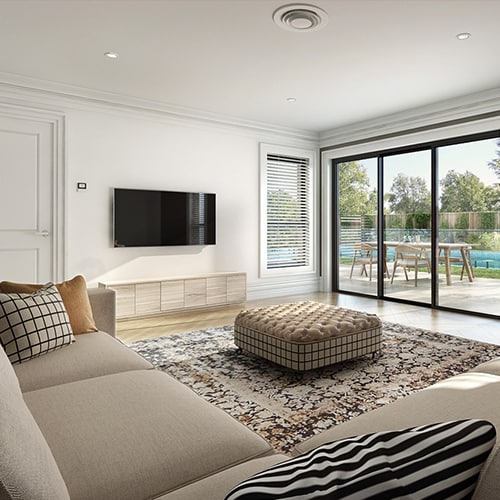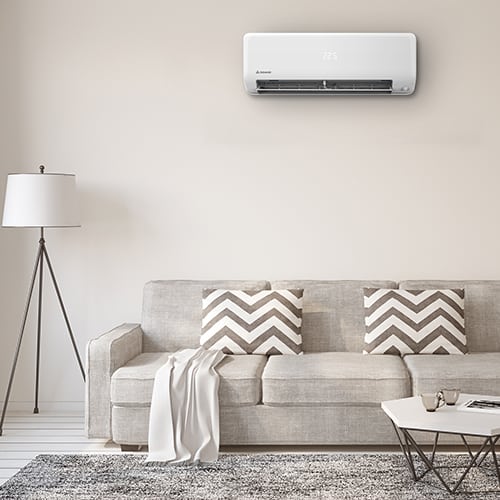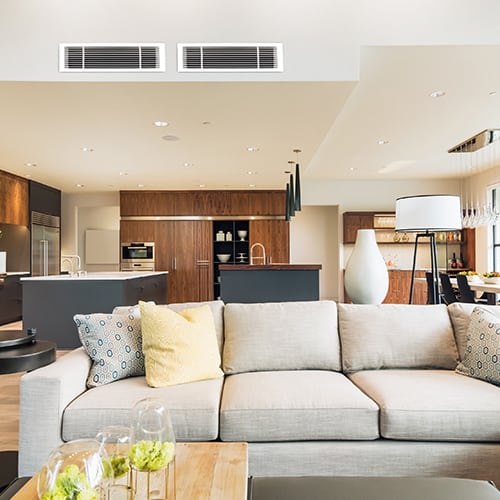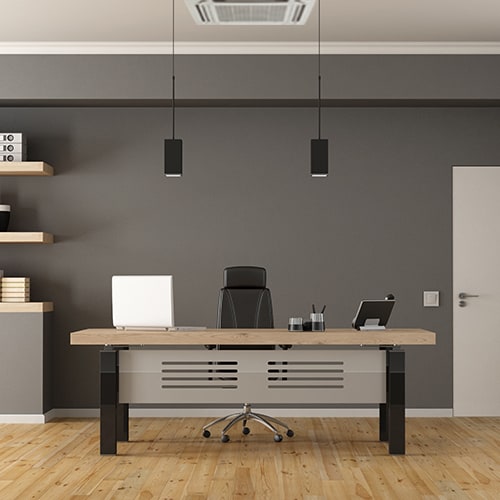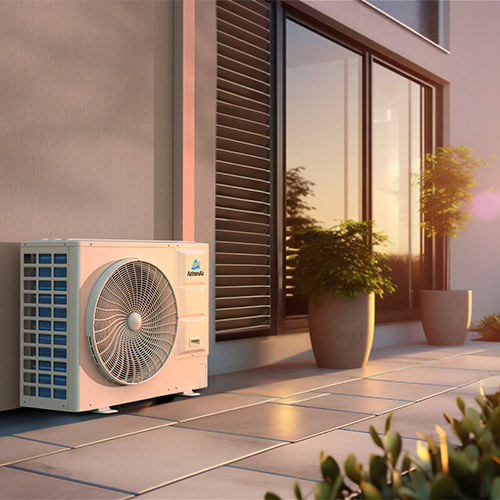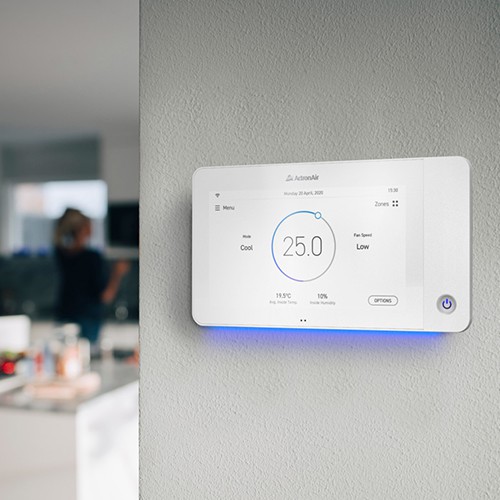Air conditioners come in a range of types, makes and models, so swimming through all the information to find which one is best for your apartment can be a daunting task. It is important to think about your home and how the air conditioner will be used, because each type of air conditioner suits different living situations.
The most common types that will be suitable for an apartment include wall-split systems, multi-head split systems, low profile ducted system, window units and portable air conditioners, and there are several key factors that will help you decide which is the right one for your circumstances.
Are You Renting the Apartment or Do You Own It?
One of the most important considerations will be whether you rent or own your apartment. If you own it, you will have a lot more freedom, but renters will have to heed the command of their landlords.
If you are a renter, the first thing you may want to do is float the idea by your landlord. Multi-head split systems, wall-split systems and low profile ducted systems will have a higher upfront cost, but due to their efficiency can save you money in the long run. You might even be lucky and your landlord will agree to arrange and pay for the installation of the system themselves. After all, an air conditioning system can boost the property’s value. Even if they won’t buy an air conditioning system for the apartment outright, you may still be able to convince them to pay for part of it.
Some landlords might outright deny your request for an installed system like a multi-head, wall-split or low profile ducted system, regardless of the terms. In that case, your next best option may be to go with a window or wall unit. These are self-contained units that contain the compressor and the evaporator. Window units are mounted directly to the window. If you have double-hung windows, they can be installed without any long term alterations to the house. If not, you may need to make minor modifications. Either way, it’s probably best to run it by your landlord to avoid any future problems.
Wall units are essentially the same, except that they require a hole cut into the wall for installation. This will definitely require approval from your landlord, who is much more likely to say no. Another advantage that window systems have over wall units is that they are easier to take with you when you move house – wall units will need that hole patched up. Despite this, both window and wall units are much less efficient and often louder than the multi-head, wall-split or low profile ducted systems.
If you own your own apartment, this gives you a little bit more freedom, but not as much as if you owned your own house. You will still have to obey the whims and regulations set by the body corporate committee.
What Is the Body Corporate Policy?
Most people who have ever lived under the law of body corporate know how zealous and irrational their rules can be. Sure, they are in place to facilitate an agreeable living situation between all residents, but sometimes their rules can go a little too far. Before you go out and pick up an air conditioner, it is probably best to go through the building’s rules. There may or may not be clear guidelines with regards to air conditioning.
If your proposed type of air conditioner complies with the rules, it is still best to run it by the committee in written form. Written permission through an email or letter is much more difficult for them to dispute down the track if they change their minds. A quick conversation with the president in the stairwell is much harder for you to prove after the fact.
Many body corporates will have restrictions against placing objects on the balcony or on the exterior walls of an apartment. This could prevent you from using a wall-split, multi-head, low profile ducted, or window unit. If this is the case, your only option may be a portable air conditioner.
Your body corporate may also have rules regarding the noise levels of appliances. If they do, it can make it much more difficult to find a suitable air conditioner. You may be able to get around these rules by buying a quieter model, or by mounting the system on brackets with vibration isolators that can help to reduce noise.
Again, it is best to run any plans past body corporate before you make any financial commitments. No one wants to end up with an air conditioner in their living room that they aren’t allowed to use.
How Big Is Your Apartment?
The size of your apartment will be one of the most important factors in which type of air conditioner is most suitable. A studio apartment and a three bedroom will have very different cooling requirements. If you only need to cool a studio or perhaps just one room of a larger apartment, smaller systems like window units or portable units may be suitable.
These systems may tend to have lower upfront costs, but they can be expensive to run because they aren’t very efficient. If you use them regularly, you may find that your electricity bill becomes unmanageable. Even so, these could be your only options depending on your body corporate and landlord situation.
A multi-head, wall-split, or low profile ducted system will generally be the best option for larger spaces. They tend to have a higher upfront cost, and the installation may cause issues with your landlord or body corporate, but their energy efficiency will help you to save money over the lifespan of the air conditioner.
Which Air Conditioner Is Best For Your Apartment?
The answer depends on many factors. If your body corporate and landlord grant approval, a wall-split, multi-head, or low profile ducted system will work out best in the long run for most people. If your living situation makes one of these impossible, you might try a window or a wall unit. They are less efficient, but can still provide comfort.
If you find that your body corporate is extremely picky, you may find that your only option is to go with a portable unit. These may seem cheap at first, but they are expensive to run, particularly if you have a larger space. You may find that the best air conditioner for your apartment may end up being a compromise between what is ideal and what you are allowed.


